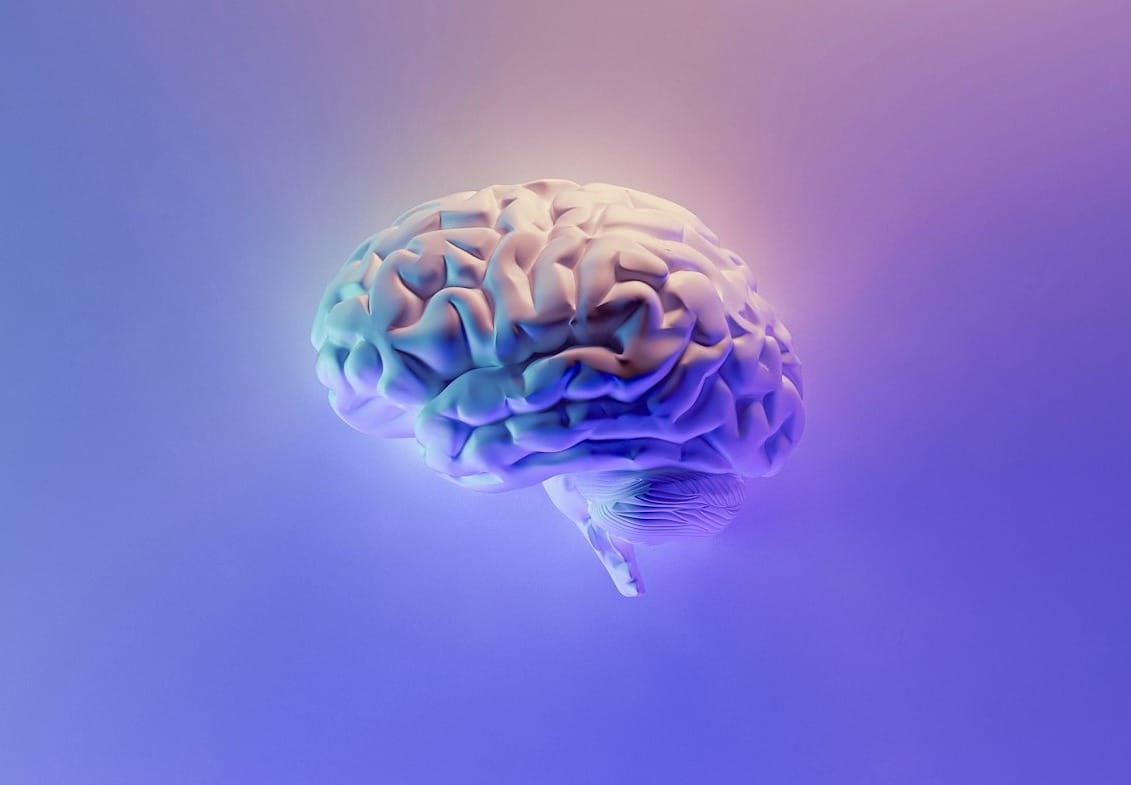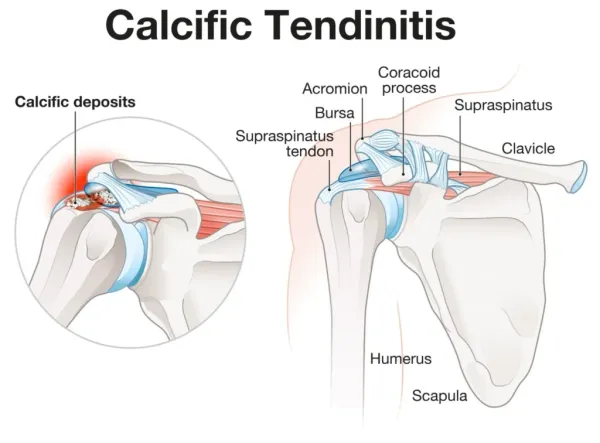Does my mind impact my recovery from an MSK injury?
So we know the brain has an impact on pain perception and our general well-being, but can your state of mind influence healing after an injury and what should we consider as FCPs

So we know the brain has an impact on pain perception and our general well-being, but can your state of mind influence healing after an injury?
In this article, we explore that topic and what we can do as FCPs to influence recovery from a more holistic perspective.
Why is this important? Well, holistically treating our patients is in the NICE guidelines for most (if not all) MSK conditions, in guidelines from the HCPC and CSP and good common sense practice for patient-centred care! Addressing any psychosocial factors present is good practice and has been shown by multiple sources to be an important part of your patient consult.
So let’s get into it and see if we are just box-ticking for all the guidelines, or if there is an actual reason to address mood and especially anxiety in patients we treat for MSK conditions.
This will provide a general overview but stay tuned (and subscribe!) to see how this can be applied to athletes and those returning to sport.
Psychological Influence on Pain Perception

Pain is a complex experience, shaped by both biological and psychological factors. The brain plays a key role in modulating pain signals from injured tissues, meaning that pain perception can be significantly affected by one’s emotional state. For instance, individuals experiencing high levels of anxiety or depression often report greater pain intensity and have a lower pain threshold.
Several studies have demonstrated that psychological distress can amplify the perception of pain by activating pathways in the central nervous system associated with the stress response. This is central sensitisation, where the nervous system becomes more sensitive to stimuli, leading to heightened pain perception. Central sensitisation has been documented in patients with chronic MSK conditions like fibromyalgia, chronic low back pain, and osteoarthritis (amongst others).
So how can we influence this?
It all begins with a good understanding of pain and pain not being harmful in the vast majority of cases. As I always say to my patients - pain sometimes is the body's response to an injury and stops us from causing damage and re-injury. However, in other cases (such as Osteoarthritis) pain isn't helpful. We aren't causing more 'damage' the inflammatory process is sensitising the joint causing the pain.

By stopping this stigma around pain being harmful and educating the patient correctly on their pain, then we can help with the psychological response to the pain - often actually decreasing pain but certainly being more holistic and helping shape that person's experience.
Mental Health and Healing Outcomes
Beyond influencing pain perception, mental health also impacts the physiological processes of healing. Anxiety, depression, and chronic stress are known to influence the immune system, inflammation, and tissue repair. For example, high levels of cortisol, a hormone released in response to stress, can suppress immune function and delay wound healing.
To put this into context, a study in the Journal of Psychosomatic Research highlighted that patients with positive psychological well-being demonstrated faster recovery rates after orthopaedic surgeries, including joint replacement and spinal surgery. A systematic review also found that patients with comorbid depression had worse functional outcomes and longer recovery times after orthopaedic injuries.
How is this relevant to FCP, or how can we use it in practice? Well, by looking at barriers like this to recovery, we can address these and get a positive outcome for patients. We are that front line - if we educate about pain and also have a holistic approach, we can make a difference.

The Role of FCPs in Addressing Psychological Factors
As First Contact Practitioners (FCPs), we are in a unique position to holistically treat patients by addressing not just the physical, but also the psychological aspects of recovery. The biopsychosocial model of care emphasizes the importance of treating the patient as a whole rather than focusing solely on the injury. This approach is in the NICE guidelines, which recommends incorporating psychosocial factors into the management of MSK conditions.
Interventions such as cognitive-behavioural therapy (CBT), mindfulness-based stress reduction, and relaxation techniques have been shown to reduce pain perception, alleviate anxiety and depression, and improve overall outcomes in patients with MSK injuries.
In an FCP role, we are not expected to be experts in these techniques or even to know where to start in terms of teaching and assessing what is correct for that individual patient. What we are expected to know is where and when to refer and the pathways available to us. Consider if there is a mental health practitioner within your PCN/surgery and ask them how to refer into their service, form these bridges and relationships and see what they can offer. If there isn't that service available to you, consider when a referral to a GP may be appropriate, or there may well be an ANP who reviews patients with mental health problems.

Practical Applications
When assessing a patient with an MSK injury, it is important to screen for psychological factors that may be affecting their recovery. You can use specialist tools for this such as the Hospital Anxiety and Depression Scale (HADS) or the Pain Catastrophising Scale (PCS) which can help identify patients at risk for poor recovery outcomes due to psychological distress, but equally screen for your yellow flags! Listen to the patient in front of you and ask how their pain/problem is affecting them in everyday life. Ask how they are and if they raise concerns then ask about a referral as discussed above.
What can you do though in that consult?
Well, once you have identified someone who is struggling, incorporating strategies such as goal-setting - think SMART goals, providing reassurance, and encouraging gradual exposure to movement and activity can be beneficial. Often just listening to their concerns and being clear with the steps from here can be a massive boost.

Conclusion
The evidence is clear: the mind plays a pivotal role in recovery from MSK injuries. Addressing psychosocial factors is not just about "box-ticking" for guidelines—it is essential for providing patient-centred care that optimizes healing and recovery. FCPs can significantly influence outcomes by being holistic:
- Screen for your yellow flags
- Ask about the impact of the problem
- Listen!
- Create realistic goals and timeframe to re-consult if there is a lack of improvement
- Provide reassurance as appropriate
- Refer on as needed if mental health is a significant factor or if a review would be helpful
- Address concerns and be open
By acknowledging the connection between the mind and body, and by implementing interventions that address both, we can help our patients recover more effectively, reduce their pain, and return to their desired levels of function.




